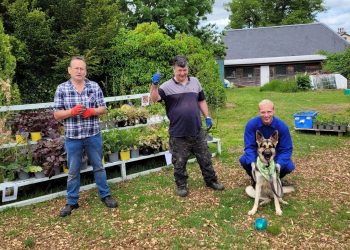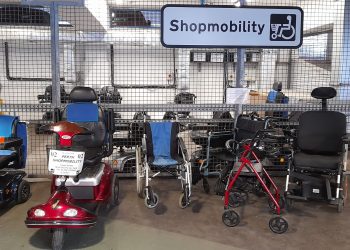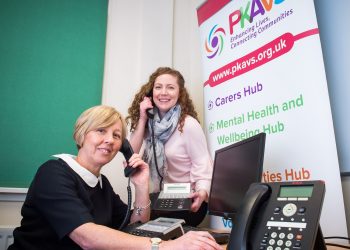All registered opportunities will be live on webpages for 6 months before it expires. You can remove any no longer needed opportunity at any time prior to the expiry date. You can also extend the publication period by another 6 months before the opportunity expires. Contact us on info@thirdsectorpk.org.uk if you need to make any changes.
Volunteer Management Network
Volunteering for All: national framework- https://www.gov.scot/publications/volunteering-national-framework/
Guidance e.g. policy and procedure, templates and helpful suggestions on ‘thinking about’, ‘getting started’, ‘making a difference’ and ‘building on success’- https://www.volunteerscotland.net/for-organisations/guidance/
Volunteer Wiki- https://volunteerwiki.org.uk/wiki/Welcome_to_VolunteerWiki!
Disclosure Services- https://www.volunteerscotland.net/for-organisations/disclosure-services/
Free Online Training CoursesInvolving VolunteersIntroducing Leadership in Voluntary OrganisationsCollaborative Leadership in Voluntary Organisations
Other available training opportunities (maybe to create a list incorporating links to organisations who provide relevant training around volunteering and employment? Example of organisations could be Skills Development Scotland, PKC Employment Team, PK College, Open University, Volunteer Scotland etc.)
Getting young people involved – Saltire Award for Organisations – https://saltireawards.scot/info-for-organisations
Volunteer Friendly Award – http://www.volunteerfriendly.org.uk/










